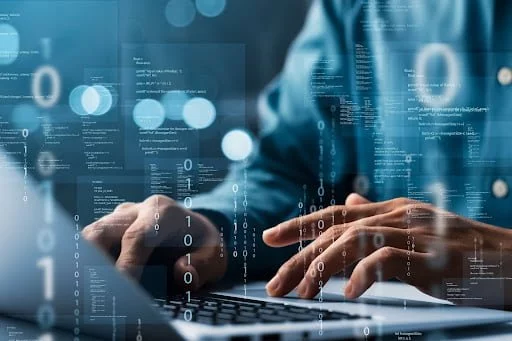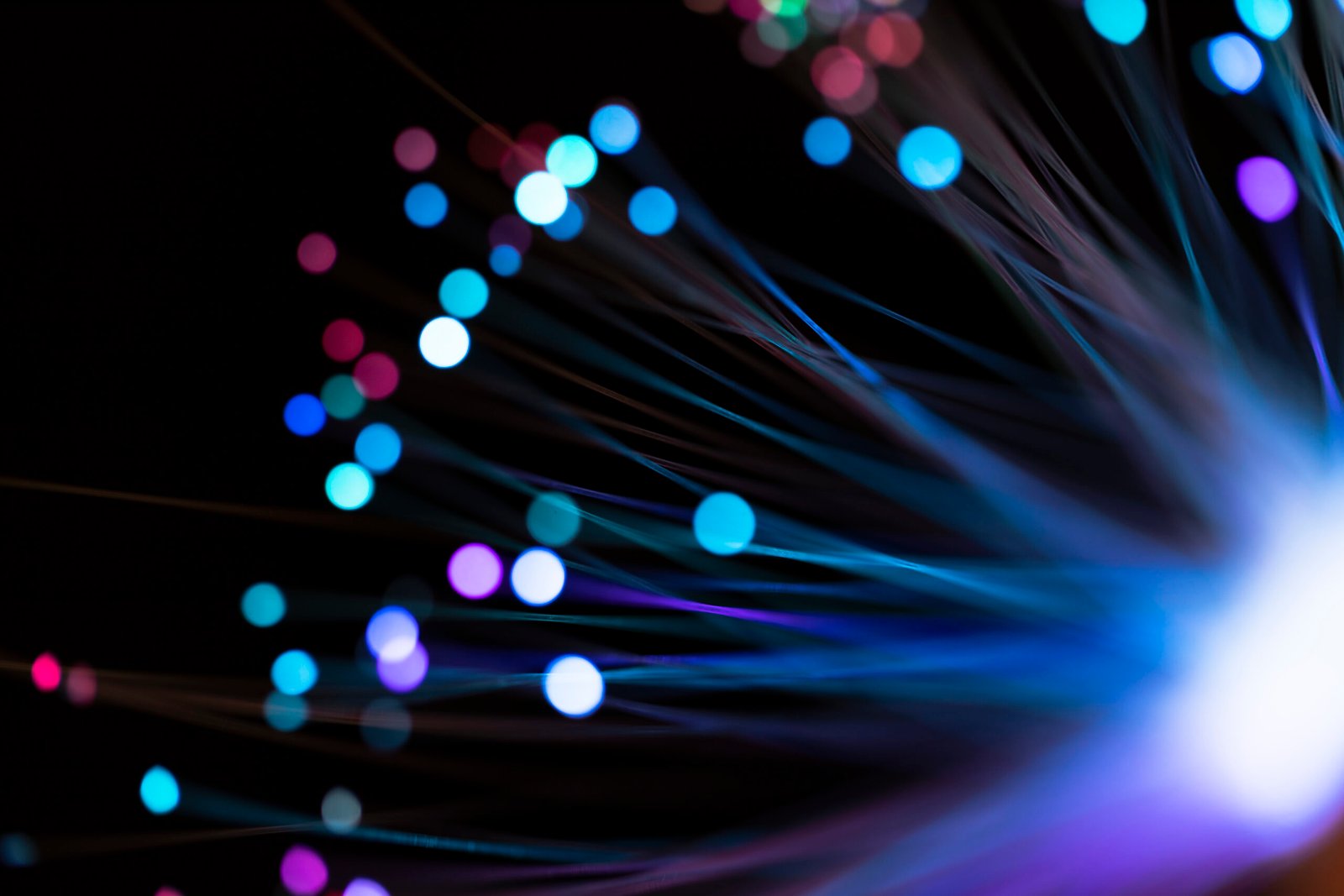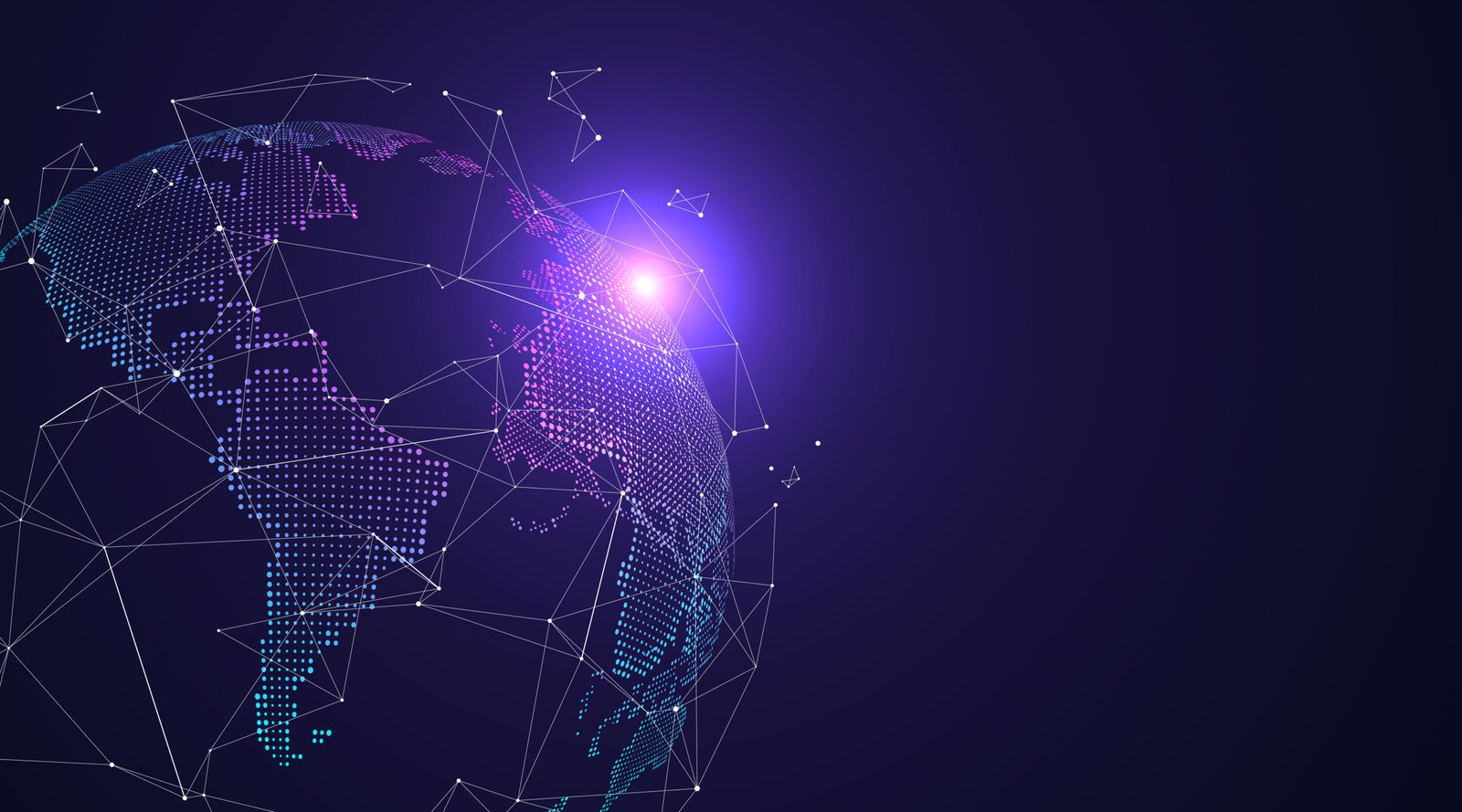
What are the challenges of cybersecurity?
In an era dominated by internet-driven societal shifts and the storage of our professional and personal data online, cybersecurity is paramount.

However, this need for security increases proportionally to the complexity of our computer systems and, consequently, to the difficulty we have in protecting them effectively against the ever increasing number of ingenious attacks. Given the apparent fragility of current means of protection, it is incumbent upon technological innovation players to rethink the notion of cybersecurity. So what changes are coming in this area, and why are they so crucial?
What is cybersecurity?
First of all, it is necessary to define the concept of cybersecurity which, although omnipresent in our daily life, is sometimes confused. Cybersecurity refers to all mechanisms and actions aimed at protecting computer systems and their data. By protect, we mean in particular to preserve the integrity and confidentiality of digital data, the proper functioning of computer services and to ensure the authentication of users. This protection requires technical tools (antivirus, firewalls), human tools (engineers, ethical hackers, awareness of professionals and individuals...), educational tools (EBIOS risk assessment method), and legislative tools (ISO/CEI 27001 standard, GDPR, cybersecurity law...).
Mass digitization, a breeding ground for cybercrime
The digital transformation that has been taking place for several years around the world has led to a massive dematerialization of information systems with their migration to the cloud, but also to an increase in the number of devices from which these systems can be accessed, as well as an acceleration in the frequency of software updates. This makes it much more difficult to protect servers and creates proportionately as many opportunities for cybercriminals. If cybersecurity is already a priority issue, it is likely to become even more so in the coming years, if the pace of digitization in society is anything to go by. Day by day, the role of the Internet in political, economic and social dynamics is increasing, in proportion to the weight of the consequences of cyber attacks on companies, state structures and individuals.
Cyber attacks: disastrous consequences
Leakage of sensitive data that can cause a simple love affair as well as major geopolitical disruptions, amount of ransom or cost of repairs that can jeopardize companies, violation of medical secrecy, damage in the defense sector... The dramatic consequences of a cyber attack are countless, and history has proven that they are unfortunately not fictitious. Even if the implementation of antivirus and firewalls and the taking of cybersecurity precautions are necessary and allow to drastically reduce computer threats, these tools are far from being infallible and the speed of evolution of our systems combined with the determination of hackers make it unlikely that they will ever be. So what is the solution? Should we be prepared to suffer, one day or another, a cyber attack with tragic consequences? The answer is obviously no. But in order to deal with the threats, a strategic change is needed.
LiFi and cybersecurity - a paradigm shift on the agenda
One of the main flaws in our use of the Internet is the technology that allows us to access it in most public and private places: WiFi. Still very much in the majority in the wireless communication landscape, this technology based on radio frequency waves has an average range of 250 meters outdoors and 35 meters indoors for a single access point. The emitted signal passes through the walls of the room in which it is broadcast and can be easily hacked from the outside by any ill-intentioned person, and even more easily if, as is often the case, the security of the network is deficient. This is where LiFi comes in. It is a wireless communication technology based on visible light, in which data is transmitted by means of a light beam emitted by an LED bulb and projected towards the connected device. Since the light does not pass through walls, the LiFi signal is strictly impossible to hack by anyone outside the room, even outside the coverage area of the light source. The coverage angle can be adjusted to restrict access to a specific user or users, and access can be subject to personal authentication for added security. To take advantage of this technology, you don't have to give up a high-quality connection. With throughput equivalent to the best fiber offerings and latency as low as 0.5 milliseconds, LiFi meets all the requirements to become the face of future connectivity. What's more, LiFi works without radio waves, so it's safe to use, because your security is as important as your data.
Recent articles

Categories
See some more...




